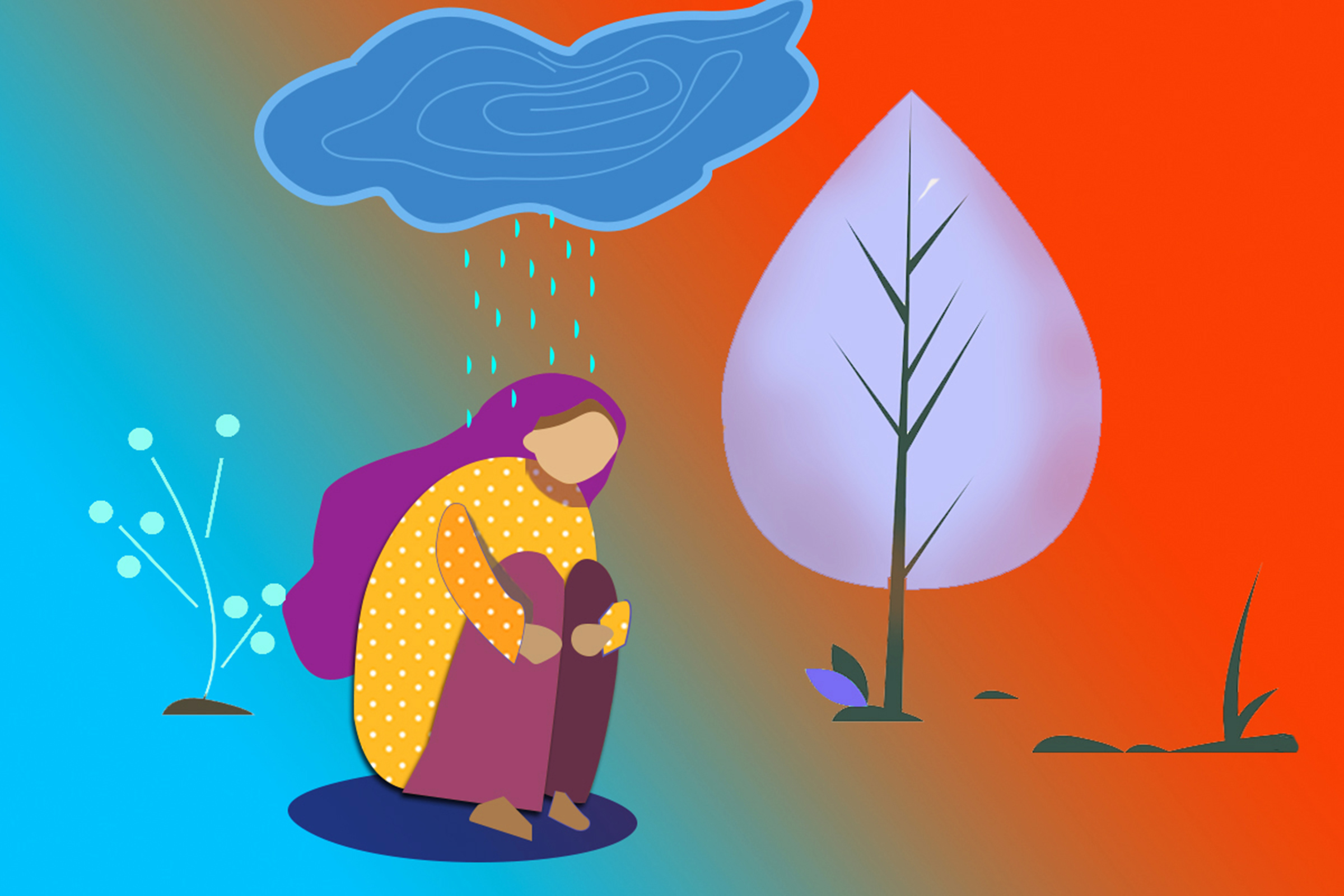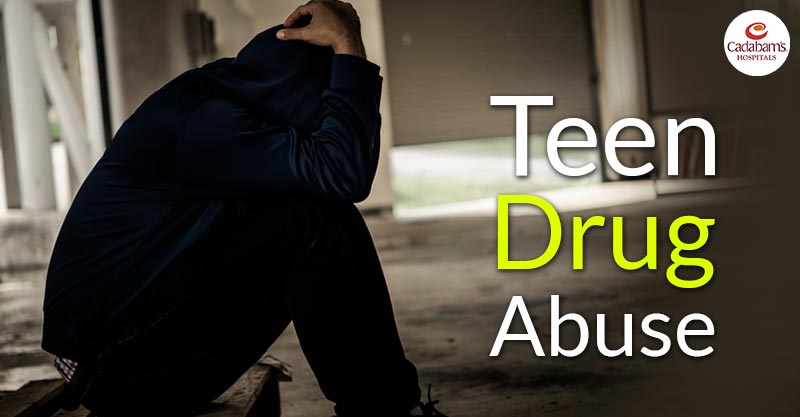Understanding Addiction: Symptoms, Causes, and Impact
In the journey of Addiction recovery, it is important to understand the symptoms, causes and impact. This can help in getting the right type of care and support. Symptoms in the case of addiction commonly include compulsive behaviour, withdrawal symptoms, and tolerance. The causes range from genetic predisposition to environmental influences like trauma or stress. Addiction impacts individuals physically, mentally, and socially, often leading to deteriorating health, strained relationships, and financial hardship. Recognising these signs and causes, we can offer targeted assistance and foster empathy towards those struggling.
Managing Addiction at Home: Strategies and Support in Bangalore
Managing addiction at home is possible with personalised strategies and a strong support system. In a nurturing environment along with professional guidance, individuals can navigate recovery effectively within familiar surroundings.
Medication Management at Home for Addiction
Medication management at home for addiction involves the supervised administration of prescribed medications to aid recovery where the individuals receive education on medication usage, potential side effects, and interactions. Regular monitoring helps maintain treatment efficacy and safety. This approach helps individuals stick to treatment plans, minimises risks of misuse, and empowers individuals to actively participate in their recovery journey.
Psychotherapy and Counseling in a Home Setting for Addiction
Psychotherapy and counselling in a home setting for addiction offer personalised support and intervention within a familiar environment. Qualified professionals provide evidence-based therapy tailored to individual needs, addressing underlying psychological factors contributing to addiction. This approach helps create trust and comfort which can promote open communication and deeper insights into addiction triggers and coping mechanisms. By integrating therapy into daily life, individuals receive continuous support, facilitating long-term recovery and empowering them to overcome addiction’s challenges effectively.
Supportive Services and Home Care Assistance for Addiction
Supportive services and home care assistance for addiction such as trained professionals offer personalised care, including medication management, therapy sessions, and lifestyle adjustments tailored to individual needs. Assistance with daily tasks and emotional support promotes overall well-being and recovery.
By creating a nurturing environment and addressing various aspects of addiction, these services can put one at ease, and help them work towards recovering from addiction with more comfort. Taking away the anxiety and responsibility of chores and other responsibilities can improve the individual’s self-esteem.
Adapting the home environment for safety and comfort for Addiction
Adapting the home environment for safety and comfort during addiction recovery involves removing triggers like alcohol or drugs, securing medications, and ensuring a clutter-free space that can reduce temptation and risk of relapse.
A supportive atmosphere with positive reinforcement and clear communication can help in emotional stability. A structured daily routine creates a sense of stability and reduces stress. Additionally, incorporating relaxation techniques and establishing boundaries enhances overall well-being.
Integrating family support for Addiction
Families can play an important role in helping someone get through an addiction. Remember that an addiction is an ailment, and people do need love, support and care as they would when they are physically sick with a fever or an injury. Families can help do so, by creating a sense of compassion and care, along with education about addiction which can reduce stigma and create a supportive environment.
Involving family members in therapy sessions encourages open communication and resolves underlying family dynamics contributing to addiction. Healthy boundaries and setting realistic expectations can go a long way in preventing triggers and relapse for the individual.
Customised care plans for Addiction
Customised care plans for addiction begin with assessing individual needs and preferences, considering factors like symptom severity and personal goals. Next, a tailored care plan is developed, incorporating medication management, therapy, and psychosocial support. Regular review and adjustment of care strategies ensure alignment with evolving needs and treatment effectiveness. This personalised approach maximises therapeutic benefits and enhances overall well-being for individuals with addiction.
Integrating Technology in Addiction Care
Integrating technology in addiction care increases the chance of accessibility, offers support tools, and facilitates remote therapy sessions for effective intervention.
Telepsychiatry and Remote Monitoring
In an era of hybrid and online modes of work, telepsychiatry and remote monitoring offer valuable support in drug addiction management by providing convenient access to psychiatric care and monitoring. Through virtual sessions, individuals can receive therapy and medication management from the comfort of their homes, increasing treatment accessibility.
Remote monitoring allows healthcare providers to track progress, identify potential relapse indicators, and intervene promptly. This is vital as some individuals may not be comfortable stepping out of their homes for any reason and a treatment like this can offer complete privacy and safety.
Digital Tools and Apps for Patient Support
In today’s time, everything is digital. Special apps offer accessible support in drug addiction management by providing resources for coping skills, relapse prevention strategies, and self-monitoring of triggers and behaviours. They facilitate connection to peer support networks and virtual therapy sessions, enhancing engagement and motivation for recovery. Digital tools and apps can offer features such as medication reminders and mood tracking, aiding individuals in adhering to treatment plans. These apps can be personalised so that they can make the best use of them.
Role of Caregivers in Addiction Care
Caregivers play a crucial role in addiction care as they can provide emotional support, assist with treatment adherence, and facilitate access to resources and interventions for recovery.
Emotional support and understanding
Emotional support and understanding provide individuals with a safe and validating space to express their feelings and experiences without fear of judgment. Caregivers offer empathy, validation, and encouragement, fostering a sense of belonging and acceptance crucial for healing. Through active listening and genuine concern, caregivers can help individuals feel understood and supported. This can help individuals seek help more comfortably and their support can also be a reinforcing factor to pursue addiction care.
Crisis management and intervention
Crisis management and intervention in addiction care involve swift and coordinated responses to acute situations, such as substance misuse or mental health crises. Caregivers are trained to assess the situation, de-escalate tensions, and provide immediate support and safety measures. This may include contacting emergency services, initiating harm reduction strategies, or facilitating access to specialised care. By addressing crises effectively, caregivers help mitigate risks and provide individuals with the necessary support to navigate challenging moments on their path to recovery.
Building a supportive network
Caregivers can facilitate in building a supportive network for people seeking help for addiction recovery as they can organize support groups, encourage social activities, and provide information about available resources. Through mutual understanding and shared experiences, individuals in recovery can draw strength, encouragement, and practical assistance from their support network, enhancing their resilience and motivation for sustained recovery.
Collaboration with Healthcare Professionals
Collaboration with healthcare professionals in addiction care is essential for comprehensive treatment. Caregivers coordinate with medical and mental health professionals to ensure holistic support. They facilitate understanding of medication and treatment plans, ensuring adherence and addressing any concerns or side effects. Regular health check-ups and consultations are prioritised to monitor progress, adjust interventions as needed, and address any emerging health issues.
This collaborative approach optimises the effectiveness of treatment, promotes continuity of care, and enhances overall well-being for individuals in recovery.
Find the Best Home Addiction Care in Bangalore
Finding the best at-home addiction care in Bangalore involves researching reputable providers through online directories, healthcare referrals, and community resources. Look for licensed professionals with experience in addiction treatment who offer personalised care plans tailored to individual needs. Consider factors such as quality of services, patient testimonials, and accessibility to determine the most suitable provider for your specific circumstances.
Psychosocial Rehabilitation for Addiction at Cadabams Bangalore
Cadabams blends psychological intervention with medication for effective drug addiction management, prioritising patient-specific needs, emotional support, and trust-building. Contact Cadabams for personalised rehabilitation and support.
Expert Team of Psychiatrists and Therapists for Addiction
Cadabams offers an expert team of psychiatrists and therapists specialising in addiction, providing personalised care and comprehensive support for effective recovery. With over two decades of experience in the field, we work with some of the most reputed doctors and health professionals in the field.
Tailored Home Care Support by Cadabams’ Expert Team
Cadabams’ expert team provides tailored home care support, ensuring personalised treatment and continuous assistance in the comfort of your own environment. We want you to recover in the safety and comfort of your space.
Integrating Holistic Therapies for Addiction
Cadabams integrates holistic therapies for addiction, offering comprehensive treatment that addresses physical, mental, and emotional well-being.
Continued Care and Follow-Up Programs for Addiction
Cadabams offers continued care and follow-up programs for addiction, ensuring ongoing support and monitoring to sustain recovery progress. We stay in touch with you or your caretaker on a regular basis so that you don’t have to worry about your health. To know more about us at Cadabams, contact us for comprehensive addiction care beyond initial treatment today
FAQ
How does home care benefit Addiction patients?
Home care benefits addiction patients by providing personalised support in a familiar environment, promoting comfort, stability, and continuity of care, leading to enhanced recovery outcomes.
How is the safety and well-being of Addiction patients ensured in a home care setting?
In a home care setting, the safety and well-being of addiction patients are ensured through regular monitoring, medication management, risk assessments, and access to emergency support, with caregivers trained in crisis intervention.
Can family members be actively involved in the home care plan for Addiction patients?
Yes, family members can actively participate in the home care plan for addiction patients by providing emotional support, assisting with daily activities, and facilitating adherence to treatment protocols.
What is the first step in dealing with a drug addiction?
Detoxification is usually the initial step in the recovery process. This entails removing a drug from the body while minimising withdrawal symptoms.
What is the impact of addiction on the brain?
When a person develops an addiction, the brain seeks the substance’s reward. This is due to the brain’s reward system being overstimulated. As a result, many users continue to consume the chemical, which can result in a variety of euphoric experiences and odd behavioural patterns.














 Available
Available

















